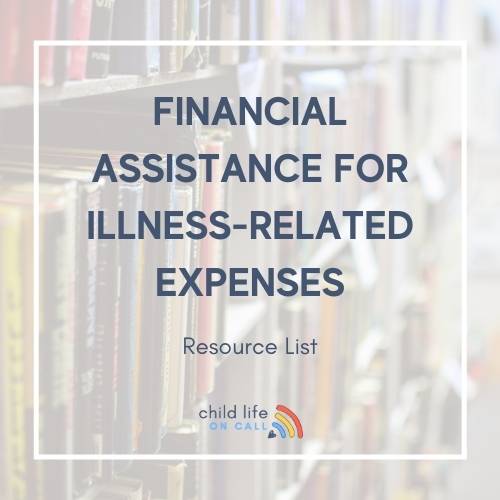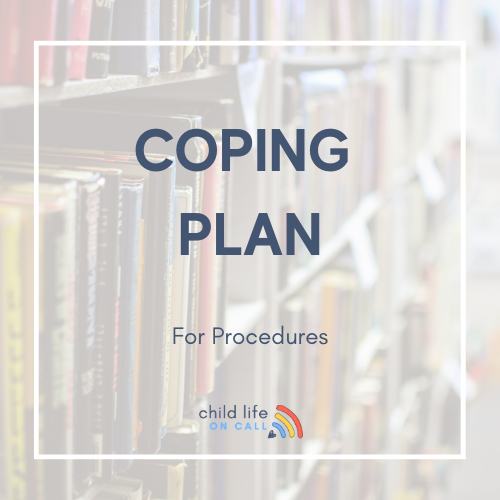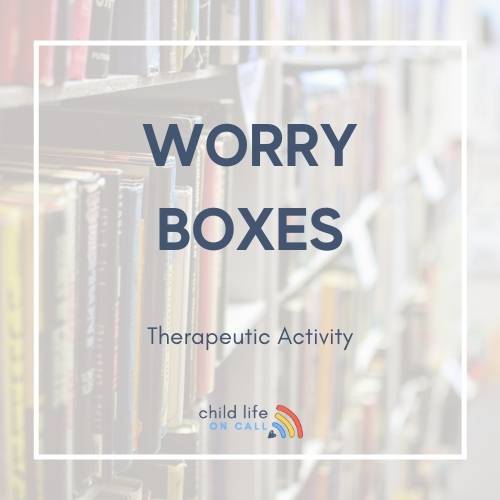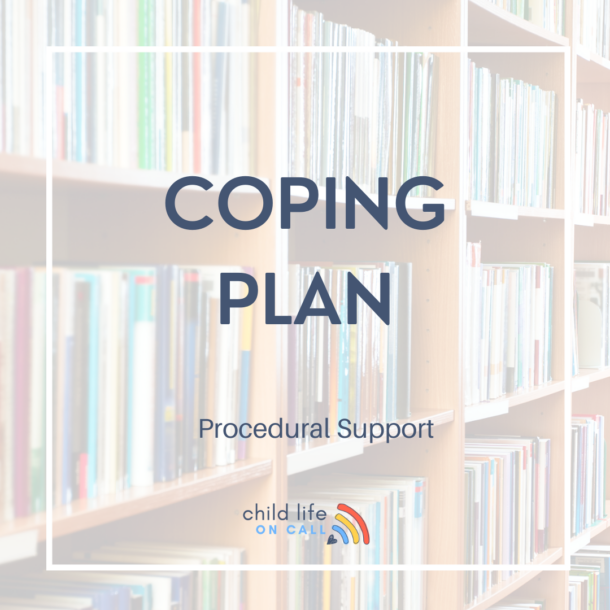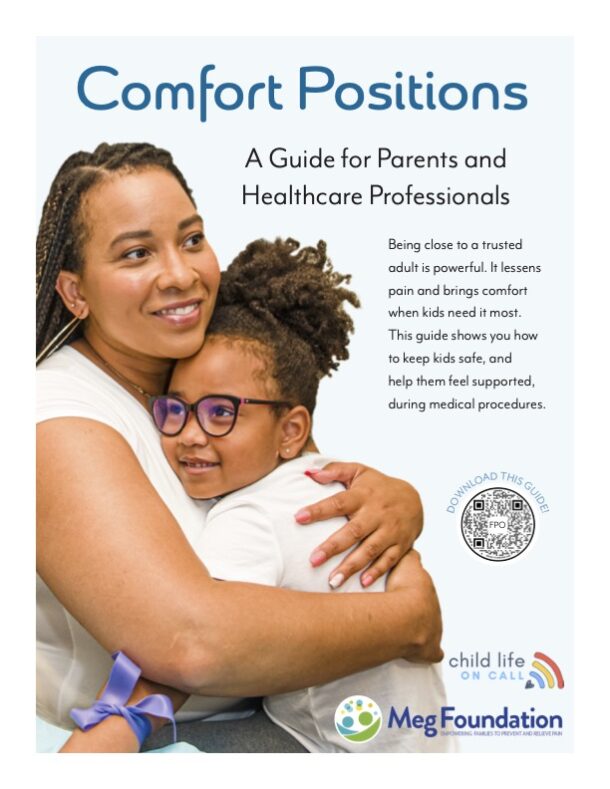Long waits at the doctor’s office or hospital are very common these days and they often cause frustration. Especially, when there are children and teens involved. Some families seem to accept the wait time as part of their healthcare experience, but it still doesn’t mean that delays don’t cause more stress and anxiety.
It’s completely understandable that there is frustration when wait times go longer than expected. It is likely that families may be very stressed out about what will happen next, they may not feel well and are having to sit in an uncomfortable chair amongst strangers. If you’re like me, you might even play the, “I was here before them!” game in my head.
When it comes to communicating wait times to patients and families, there is no doubt that it can be an upsetting conversation for everyone. So, we wanted to make it as easy as possible for health care workers to deliver this information that doesn’t add additional stress to the patients and families they are caring for.
How to deliver the news without adding stress.
- Lead with empathy, “You have been waiting for an hour already, and I’ve been in your shoes. It’s exhausting, concerning, and it feels like you may have been forgotten.”
- Give an honest estimation. “The doctor has had an emergency that has made our wait time longer than usual. You will likely be sitting here for another 30-40 minutes.”
- Another way to communicate this information is by using visual cues, like a clock face, to show the length of time it will take to see a specialist. This allows parents to visualize what they’re waiting for and helps them plan accordingly.
- Tell them you will check back in. “I’m going to update you every 20 to 30 minutes or so, and if you don’t see me, feel free to ring the call bell or ask for me at the nurse’s station.”
Health heroes have a lot on their plate and have been experiencing higher levels of stress since the pandemic. Consider asking for help from your colleagues in reception, registration, and technicians to help you keep tabs on families who have been waiting for a long time.
We’ve all been in situations where we were waiting for something. So remember, when we see families become impatient, it can lead to more frustration for healthcare workers, and that’s a normal response. Every interaction brings opportunities to learn, grow, and improve ourselves.



